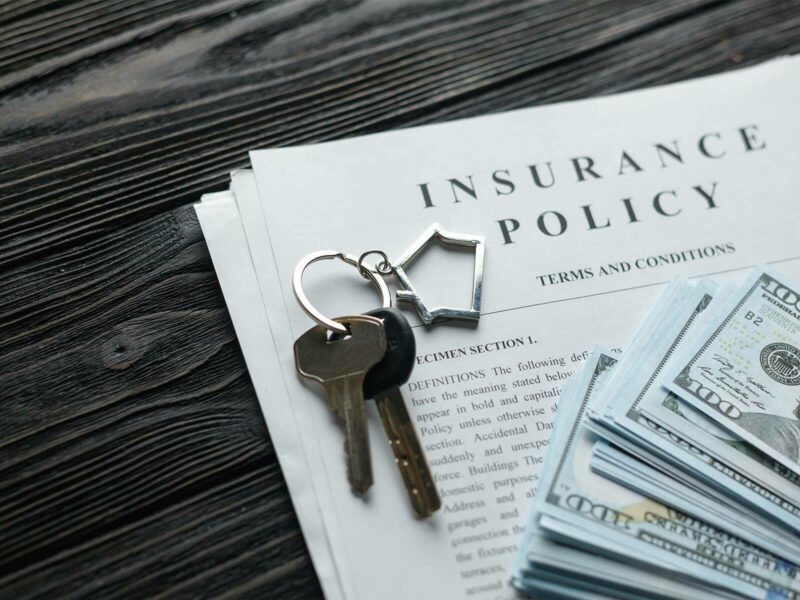Article Excerpt
After serving their country and making sacrifices, veterans should enjoy some important benefits when returning to civilian life. One of these is a home loan backed by the U.S. Department of Veterans Affairs (VA). Several aspects of these loans make them desirable, but the process of getting one can be complicated. Before seeking a VA mortgage, get answers to your most important questions.
Is a Down Payment Required?
One of the best things about a VA-backed home loan is that it usually does not require a down payment. In general, when you buy a home, you have to pay some cash upfront. You then pay off the rest of the loan monthly for several years. The down payment is often 10 to 25 percent for a house. For veterans just coming off active duty, it can be challenging to come up with that cash.
You may find you have to include a down payment if your purchase is over the county’s conforming loan limit. This limit is the maximum amount for a mortgage that the Federal National Mortgage Association or Federal Home Loan Mortgage Corporation will guarantee or be willing to buy.
The conforming loan limit is generally higher in areas where home prices are higher. It can also change yearly, so be sure you know the limit in the location you are purchasing before seeking a VA mortgage.
Do You Need a Great Credit Score?
To get any kind of mortgage, you do need to have a decent credit score. Many lenders draw the line around 580 and expect borrowers to have a credit score even above that number. Credit score can be tricky for anyone, but especially for service members who are not building credit while on active duty.
Many banks and lenders have looser credit requirements for veterans. Try using a VA loan calculator for mortgages to get an idea of what you can expect when seeking a home loan. A calculator will estimate your interest and monthly payments based on your credit score. If you don’t like the numbers, you can take time to work on credit or seek a lender more willing to be flexible with veterans.
Where Should You Acquire a VA Loan?
If you’re interested in a VA loan, you’ll go through any accredited lender, such as a bank. You will be asking for a VA-backed purchase loan. Start with the VA, though, to get your Certificate of Eligibility (COE). You can apply for a COE online or through a local VA office. It proves to lenders that you qualify for veteran benefits.
Once you have a COE, it’s a good idea to look at your finances and credit score. Decide how much you can spend and determine the conforming loan limit in the county where you’re shopping for a home. With a good idea of what you can afford, find a bank or other accredited mortgage lender experienced in working with veterans.
Should You Work with a Realtor?
You do not have to work with a realtor to purchase a home, but it is a good idea. A realtor is an expert in the industry who can help you find the right home at the right price. They will negotiate on your behalf and help you get a good deal on the home you love.
The process of buying a home can get pretty complicated, but with a realtor, you have someone who can handle the details and make sure no one takes advantage of you. In the end, working with the right professional can actually save you both money and time.
A realtor also knows all the rules and laws associated with home buying, including those that apply to veterans. For instance, ask your realtor about taking advantage of a VA escape or option clause. This is a benefit veterans usually get that allows them to back out of a contract in certain circumstances. It can save you from a home you have second thoughts about buying, and a realtor understands how to ensure this clause goes into a contract.
Let the VA Help You Become a Homeowner
Buying a home can be complicated and costly for anyone, but if you’re a veteran, you get some perks. Make sure you work with a realtor and a lender who understands the benefits to which you’re entitled. Do your homework and research, know your finances, and read up on what the VA offers to ensure you have the best possible experience buying your first or next home.



